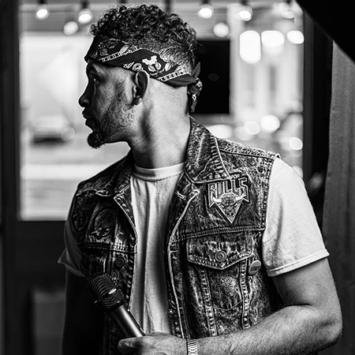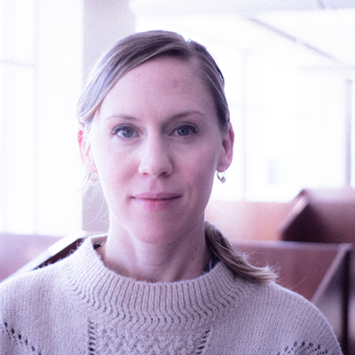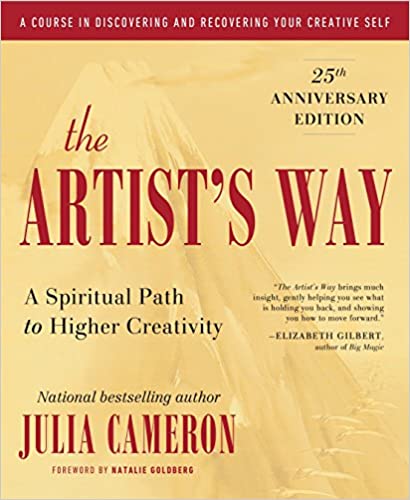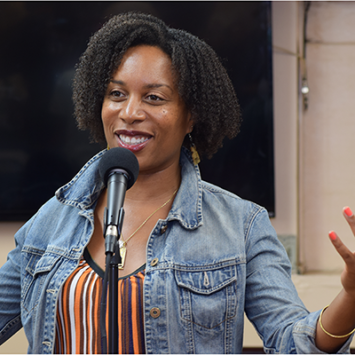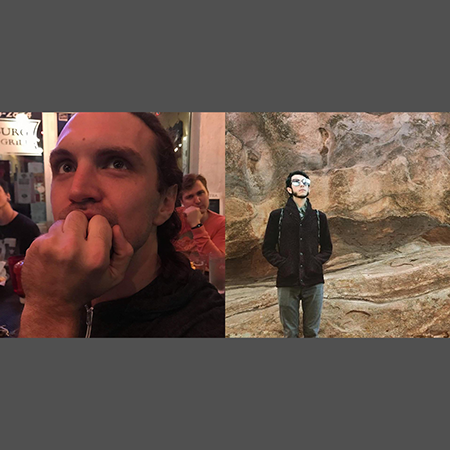How to Unleash Your Inner Demons and Find Peace
- My Niche Is Human
- Episode 8
- 21 minutes
- Solocast
- Esteem, Feelings, Identity, Self Actualization
Show Notes
- How I used the Artist’s Way tool to dig to deeper levels of awareness
- Knowing the difference between Resolutions written by Ego or by Spirit
- Finding the connection to past events that may have been the seed for demons or negative stories that you carry or continue to tell yourself
- Embracing the voices in your head and taking the journey to find out where they come from… and finding peace with them
- For anyone who may be struggling, finding a way to embrace your feminine side

A reflection from the year of 2019
As this year comes to an end I’m sure you’re seeing a lot of memes on social talking about all the things you’re going to let go of and all of the things you’re now going to embrace. Well, if you’re like me, you may be feeling a bit of deja vu, from last year.
This year I decided there were a few things I wouldn’t carry with me regardless of the month or the year. This episode is a review of lessons learned in 2019. As a result of these reflections, I review some key lessons I learned. I found a way to finally seek out and slay some demons I’ve been carrying.
Try to listen if you find yourself stuck in your old ways and want to change. And seeing how this is my last episode of the year, consider listening to my very first from this year or ever about How I Got Here.
Resources Mentioned
- The Artist’s Way: 25th Anniversary Edition by Julia Cameron
Inner Demons – Steven Fage
Steven: [00:00:00] This is episode number eight of the, my niche is human podcasts.
[00:00:10] Welcome back to the show. Thank you for continuing to support, or maybe if this is your first time here. If it is, please check out episode seven, I want to tip my hat off to my very courageous sister. She shared her story with surviving an attempt at suicide. Give it a listen, if you got the headphones. Quick summary of this episode, if you want to commit maybe the next 20 minutes or so, I’m going to go through a couple lessons, really good ones that I learned in this 2019.
[00:00:37] Cause I imagine you are in the head space of “where have I come from” and “where am I going?” And what are my 2020 new year’s resolutions, whether you believe in that or not, or if you want to start today, new life, new day resolutions, whatever you want to call it. So going to share probably three or so bullets takeaways and how you can apply those to your lessons learned, or maybe you haven’t dug deep enough and you want to keep going to figure out what the frick is holding you back.
[00:01:06] So if that interests you stick around, talk to you soon.
[00:01:14] So it all started maybe a couple months back, maybe four months ago. I mean, I’ve had this for a long time. If anyone’s ever heard of the Artist Way by Julia Cameron, it’s essentially a 12 week program, a workshop, if you will, on recovering your inner creative .Two major exercises throughout the whole thing that are consistent 1. Morning pages and 2. The artist date.
[00:01:38] Essentially what it does is it gives you a tool to kind of chase your demons, peel away the layers, dive super deep, find your strength, find your integrity or truth, inner truth, all these amazing things. But along the way, it makes a lot of shit click. So this is what I use this year. If you’re looking for a very tactical tool, I’m going to include this in the show notes at the bottom.
[00:02:03] What I’ve figured out so far is three major areas of my life. I would say things that have been holding me back. Quite actually from doing a lot of the things that I love, which is sharing my truth, doing this podcast, being creative, and also not taking shit off people, not playing small and embracing my masculinity.
[00:02:26] So I’m gonna go through those in more detail. and I hope this helps you figure my process and then you can go through your list. And if you put this list together and you’re willing to share, slap it up on social media or feel free to email me, I’d be curious to see what you come up with and then the connections that you make to either different events in your life that may have been the catalyst or connections to realizin, you’ve been holding yourself back a lot longer and maybe didn’t realize it.
[00:02:58] So a lot of cool shit. So the first one that really stung this year was, well, let me, let me jump in before I share any of these.
[00:03:09] I’ve already recorded this, or I’ve actually, you know, it’s not going to make it into the episode, but I’ve literally already tried to do this twice. And this is really challenging, because when we deal with issues that involve other people. Oh my gosh, it’s really hard to tell the story. So I’m struggling a little bit with this, but we’re going to make it happen.
[00:03:31] So the first one. I want to talk about is finally identifying the takers in my life and realizing I was the sucker. You ever heard the saying, if you can’t spot the sucker in your room, you’re the sucker? Well, that was me. for the longest time, I’ve been a people pleaser and this stems really far back to being young.
[00:03:55] And I even remember in high school. So the way this kind of happened, Was, I was very, very, very, very shy in elementary school, junior high and high school. And the problem with that is people have their perception of you as well, maybe not indefinitely, but in my case, because I was so shy, I was kind of off to the side.
[00:04:17] I didn’t always engage with people. I wasn’t very involved. And that led people to think that I thought I was either above them or too good for them or too cool for them. And when I started to find this out, I was pretty upset. I was like, wow, you y’all have no idea, like I’m dying inside. Y’all like, I’m really shy.
[00:04:36] I don’t feel like I have any friends. I don’t feel like I’m good enough for this. And damn like now y’all think I’m too good. Like it’s quite the opposite. And then, in hindsight, I just, I saw myself running around becoming a people pleaser because I was so afraid that people thought I was too good for them.
[00:04:56] So I almost kind of laid down in traffic to show everybody I was the nice guy. I was the one who was willing to do anything because I wasn’t too good for everybody. It was an over compensation. To a detriment, obviously, because then you start to let people push you around because when you go down that path, then you go too far and then it’s, one year, five years, 10 years, it kind of becomes your norm until you don’t really realize you’re doing it or…
[00:05:25] I’ll speak for myself. I didn’t realize I was doing it, because, I was more afraid of being seen as a jerk or an asshole. Someone who thought he was too cool or too good to either help or give my time or do a favor and so on.
[00:05:40]But all this leads to the idea and the realization that yes, the world is full of takers. Yes. The world is full of people who will take advantage of the nice guy or the nice girl. Or the nice person, unfortunately, because I just always thought people were going to do the right thing. And why would they try to screw you over?
[00:06:03] That’s not the right thing to do. So all this to say, have better boundaries or stronger boundaries, or at least some boundaries take care of yourself first or myself first. Put the oxygen mask on before you try to help your neighbor. You know, and dammit the real friends, the real people, the only people, quite frankly, that should be in your life are the ones who will respect you when you need to take your time. They will respect you when you have to say no, or choose to say no. And none of the rest of those people matter.
[00:06:39] I love the saying “those who mind don’t matter, and those who don’t mind do.” Something like that. So that was big lesson number one. And I’m glad I got that out there without having to name any names cause that ain’t cool. Right?
[00:06:56] So the second, this is also going to be a challenge without kind of naming names. So something else, I’ve been guilty of, and this was another major, you know, click; when things click. Is I need to and am going to stop playing small for the sake of others’ feelings.
[00:07:15] This is kind of tied to the first one in that I didn’t want people to think that I did think I was better than them. I didn’t want their feelings to be hurt. I didn’t want them to feel lesser than, so, you know, we’ve all found ourselves in certain circumstances or situations in life. In, you know, there are those who are not afraid to take their turn, to grab the mic literally or figuratively and show the world how bright they are.
[00:07:44] There are those of us, myself included who have kind of shied away. And even when we kind of knew we could out shine or outdo our peers or whoever, you kind of shy away from it because you don’t want people to feel bad and you’re willing to avoid making people feel bad versus shining your light, which in essence makes you feel bad.
[00:08:09] You feel fricking terrible, frankly. So. Looking back to see where this came from, because it’s all about root cause analysis. It’s one thing to identify the issue. It’s another to find the root, right? Cause if you just pull out the plant and the roots are still there, I don’t know whatever that means.
[00:08:28] So the root of this, again, this one’s challenging. The root of this is looking back on my upbringing. I have two siblings, an older brother and an older sister. Each of us had different family units, family, parental units, in different circumstances at different points of our childhood. I was the youngest.
[00:08:50] And as you might assume from that comment, I had it a little easier. You know, the parents were a little older, a little more emotionally mature and a little more financially stable. So that’s not always the case, but it’s a common case. So for me, kind of knowing from a young age I may have had it “a little easier” than everyone else.
[00:09:12] I started playing small from a very early age. Cause knowing that I had it easier, I almost picked up a little bit of guilt thinking, Oh wow, well, the other siblings didn’t have this or X or Y or Z or whatever it was that I had. So I kind of played it a little small because I was afraid to, make it look too easy or to be too happy or too show that I had too much freedom or anything like that.
[00:09:37]Because I feel the other siblings looking at me kind of felt not to put words in your mouth, if you’re listening, you know, well, damn, he’s got it so much easier than I had, that’s not really fair. And again, I think that’s a common occurrence.
[00:09:51] So bringing all that together, what’s the point?
[00:09:55] It’s, I was young, I didn’t have the emotional resources I have now. I picked up some guilt, I thought, shit. You know, I got it easier. I can’t out shine. I don’t want anyone to feel bad. I kind of feel bad for, you know, the stories and what you hear they went through, nothing crazy, but, you know, to kids, everything’s a big deal.
[00:10:14]But then on, until now, I mean, I’m 35 years old and like, shit, none of that was my fault, you know, and, and we were all just kids and doing what we do. So understanding where, you know, something comes from an issue that you have or something that’s holding you back is so critical because it’s “no hard feelings”, nothing bad ever happened, but just knowing where and why it came from gives you the option to change it.
[00:10:48] I also noticed love y’all, but I also noticed I did this in an improv class that I took. You know, it, it’s very crazy, there’s a lot of people and it’s quite intense at times, you know, you’re constantly getting up in front of other people coming up with things off the top of your head. It’s very challenging for me and was quite terrifying.
[00:11:08] Not sure it’s something an introvert should be doing, but not to discourage anybody. It was an, it was an excellent exercise, builds courage. But during that experience, I did find myself clamming up because you’re not so much in competition with your classmates, but let’s be really, you kind of are, there’s only one front of the stage and there’s a lot of the back of the stage, right?
[00:11:32] So kind of a triangle. Only so many people can be up front only so many people can be in the spotlight. So there were times in group exercises where you kinda just got to jump up there and sure it takes kahunas and it takes Gusto and it takes having something to say. But I found myself kind of shying away, not just because it’s scary or being shy or being nervous, but I also found myself wanting to give them more chances to get up there so they could practice more.
[00:12:05] And I’m like, well, shit, Steven, are you here to let people practice or are you here to get up there too and to feel the experience. So it can come up and bite you in all different ways, whatever it is that you’re dealing with. I think the value in journaling or writing and going through the exercises that Julia lays out in the Artist’s Way, is, those things become much more clear.
[00:12:24] So it’s not so that you know, you can point any fingers or feel ill about anyone. It’s more so to understand the dynamics of your life experiences and how those affect you, whether positive or negative. So I can promise you next time I go back to improv class, things will be different.
[00:12:43] And the third big item on this list is bit of a scary one to share. But I think for maybe all the gentlemen out there, you know, I can’t imagine I’m alone.
[00:12:56] So there was a time back in 11th grade, times were really quite crazy for me. This was when, I was diagnosed with a mental illness and, you know, I was self anesthetizing and just trying to figure out what the hell I was doing ; not even with my life, basically from day to day.
[00:13:18] And, you know, Kudos to my parents. They did everything they could. But I can imagine it’s a very desperate feeling to watch your child just be all over the place. And in one day I’m walking through the kitchen and my mother stops me and she says, “Steven, are you gay?” And nothing wrong with being gay. Right. But it, it threw me off so hard because I’m thinking. Okay, well, I’m emotionally distraught, very upset, depressed, manic all over the place. Does that mean that I’m gay? It just, it didn’t line up for me, but then I couldn’t help but make the relationship; well, if mom thinks I’m gay, when I’m feeling emotional and upset, all these air quotes, feminine traits, then if I keep experiencing these things or communicating these behaviors that I’m upset or emotional then are other people gonna think I’m gay? Are they going to be confused about my sexual orientation? Because I’m upset. it’s really that simple. So life went on and, to be really honest, I’ve, it’s kind of haunted me ever since.
[00:14:32] Being comfortable with my sexuality, I couldn’t help, but you know, fight this voice in the back of my head that was, it would just say “you’re gay, you’re gay”, but are you gay? And a couple of times over these years, ever since high school, I’ve sat and really tried to honor the question. No, I didn’t actually try, I really honored the question, honored the idea, checked for emotions, checked for attraction, and it came up with nothing and, you know, but the voice remained.
[00:15:07] So talking to my mother a couple of times about this Artist’s Way book, she’s doing it as well, and it was kind of my turn to share a realization or something that’s been bothering me or something that I’ve been journaling about. And I’ve mentioned this third item it in hypnotherapy, but it keeps coming up.
[00:15:27] And I’m on the phone with my mother and I, we’re talking about it and she’s very sorry, for bringing it up. But I mean, I don’t blame her. She was very desperate, but you know, kind of, none of that matters. The interesting thing about this, the nerdy psychology side of it is once you or I, once we, as humans make a correlation, you know, cause your brain is constantly looking to recognize patterns; cause and effect.
[00:15:54] It was, it was kind of a mini traumatic event. I was super emotionally sick. Mom asks me a question or a mother asks a question. Kind of a question, but it’s still, it’s kind of implying judgment or it’s implying an opinion or feeling, or a point of view. So then my brain thought, okay, act this way, represent yourself this way, people see you that way.
[00:16:25] So there’s a correlation between the two and it kind of burned itself in, you know, especially during trauma, it burns kind of deep. So looking back on all this, you know, talking to my mother and her telling me that she had a similar story from her childhood and I’ll leave it at that.
[00:16:42] She’s not here to speak fairly to it. But it just made a lot of things click because she just expressed how desperate she was to understand what was causing me to be up so upset. And frankly, I was just upset about life. You know, this is kind of when the bipolar really kicked in. But she just didn’t know what could have possibly have caused me to be so upset.
[00:17:05] And, you know, that was back in 2001. It wasn’t as acceptable or socially accepted to be gay or bisexual or otherwise. So ever since then, looking back on dating patterns and behaviors, I find that I must have been overcompensating because I wanted to make sure everyone knew my sexual orientation.
[00:17:30] I didn’t, again, want to experience someone being confused about me. And, I almost also found myself muffling emotions and not expressing emotionality whether up or down, especially down, because again, the last time I had done that, without a filter, you know, I was perceived as, by someone, you know, them being confused about my sexual orientation.
[00:17:59] So shit, it kind of feels silly to even be telling the story, but, you know, shit happens to everyone. The point is the takeaway that I hope you get from this is; dig so deep dig and really listen to what’s been bugging you know, those voices in your head. It doesn’t mean we’re crazy. Right?
[00:18:18] We can say that these days there are voices in your head, you know, I’m not good enough, I’m not pretty enough, I’m not cool enough. Oh, I can’t do that. Or I’m gay, which it just never made any sense to me. But if you look back to where that might have started, how that might’ve begun because when we’re children, again, we don’t have the emotional resources to really sort things out. And it’s, you know, it’s just not your fault, but now being older, you can look back and sort yourself through those.
[00:18:47] So. Now I am much more confident in embracing my feminine side. I have no issue with saying I have a strong feminine side. It doesn’t make me any less of a man. There is crying in baseball. I’m really interested to explore this topic. So I say, thank you. I say, thank you to the lesson. I say, thank you to my mother for being concerned about that.
[00:19:11] You know, it’s all good. So. I hope this has been useful for you. I hope this stokes do to kind of make your own list or your own inventory of certain things that have happened to you this year or realizations, to really be deliberate in, you know, your “resolutions” for today. Or for 2020, because something that I’ve realized is it’s one thing to make a list of resolutions or how you’re going to crush it or cut out negative people or buy the Ferrari.
[00:19:41] But if you really sit and think about where you’ve come from and why you’re here and where you want to go, oftentimes those items were written by your ego and not your spirit. So take inventory, make a list, go through it. Ask the hard questions, have a conversation with, mom, dad, brother, sister, family member, whoever it was.
[00:20:08] Sort it out and, you know, maybe don’t even, don’t go at it with placing blame or looking for apologies, have no expectations. But just having that conversation shit, I mean, it can set you free. It ,really can. That’s about it from me. I’m really excited to keep going with this show. I appreciate you for being on this journey with me.
[00:20:30] And with that, thank you for listening. Talk to you real soon. Take care. .
Sign up to receive email updates
Enter your name and email address below and I’ll send you periodic updates about the podcast.
